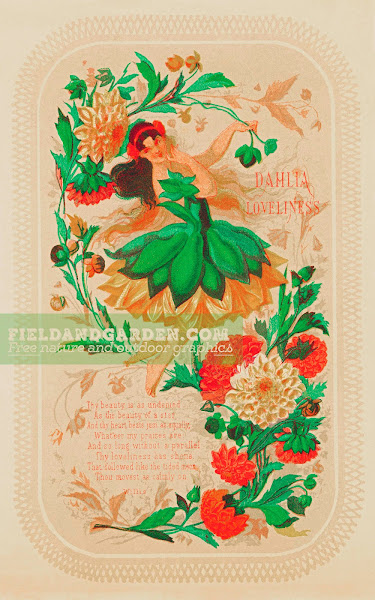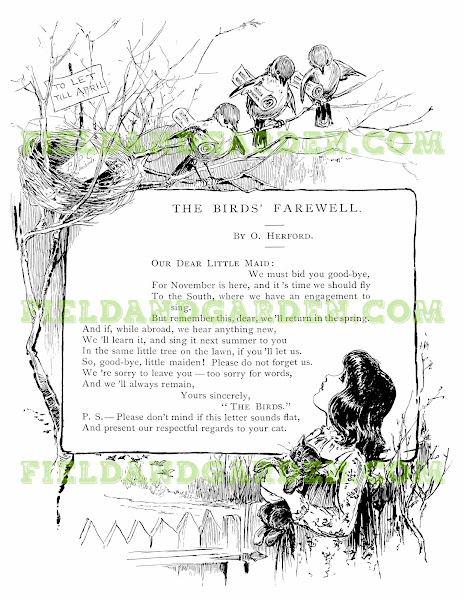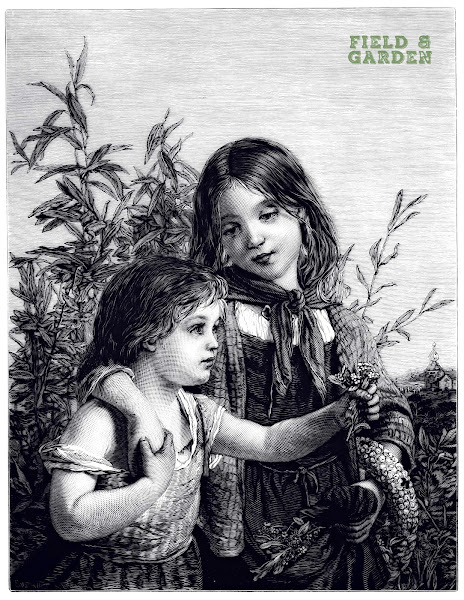by Mary Rowles Jarvis
Out and away through the morning skies,
Where the rosy glamour of dawning lies,
As our silvery pinions cleave the blue,
Through the sun's dominions our course is true,
For we circle and soar the wide heavens through;
And many a beautiful thing we know
Of the sunlit skies, and the world below,
And many a secret we might show.
But though much we see, and though far we roam
We always come back to our own dear home!
We love to wheel round the leafless trees
In the keen delight of the northern breeze;
When dell and dingle their songs attune,
And roses mingle their sweets for June,
We curve and float through the dreamy noon.
And when the autumn its wealth hath told,
And earth is shorn of its bending gold,
We still go forth on our journeys bold,
As free as the sea-bird that skims the foam,
Yet bound by love to our own dear home.
Right glad are we as we mount and soar
Where only the lark hath passed before;
Where no annoyance, or fear, or toil,
Our eager joyaunce can fret and spoil,
Or dust of the earth our plumage soil.
But dearer far to the heart of a dove
Than sapphire breadths of the realness above,
Is the lowly shelter where love wins love;
Where wings too weary again to roam
All rest and happiness find at home.
Ah! homing birds, we too could tell
The old sweet lesson you preach so well!
Be it only a dove-cote, three feet square,
Or a Palace Beautiful, wide and fair,
The spell is the same spell everywhere.
Where perfect trust as the warden stands,
And kindness welcomes with outstretched hands,
And love makes silken her bonds and bands,
In moss-roofed cottage, or royal dome,
The heart rejoices in home, sweet home!

Antique nature poem and illustration are from my personal collection of ephemera. They can be incorporated into your creative works but are not for resale “as-is.” Credit to FieldandGarden.com appreciated but not required.



























